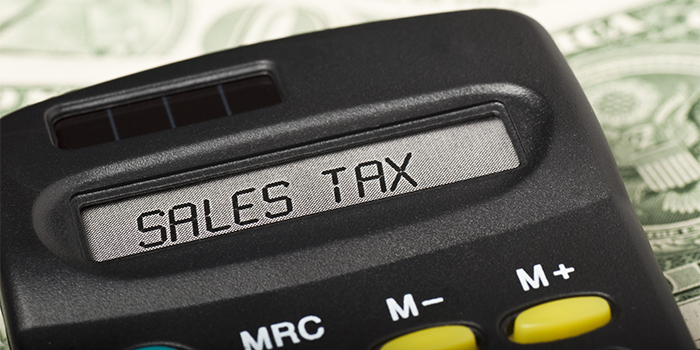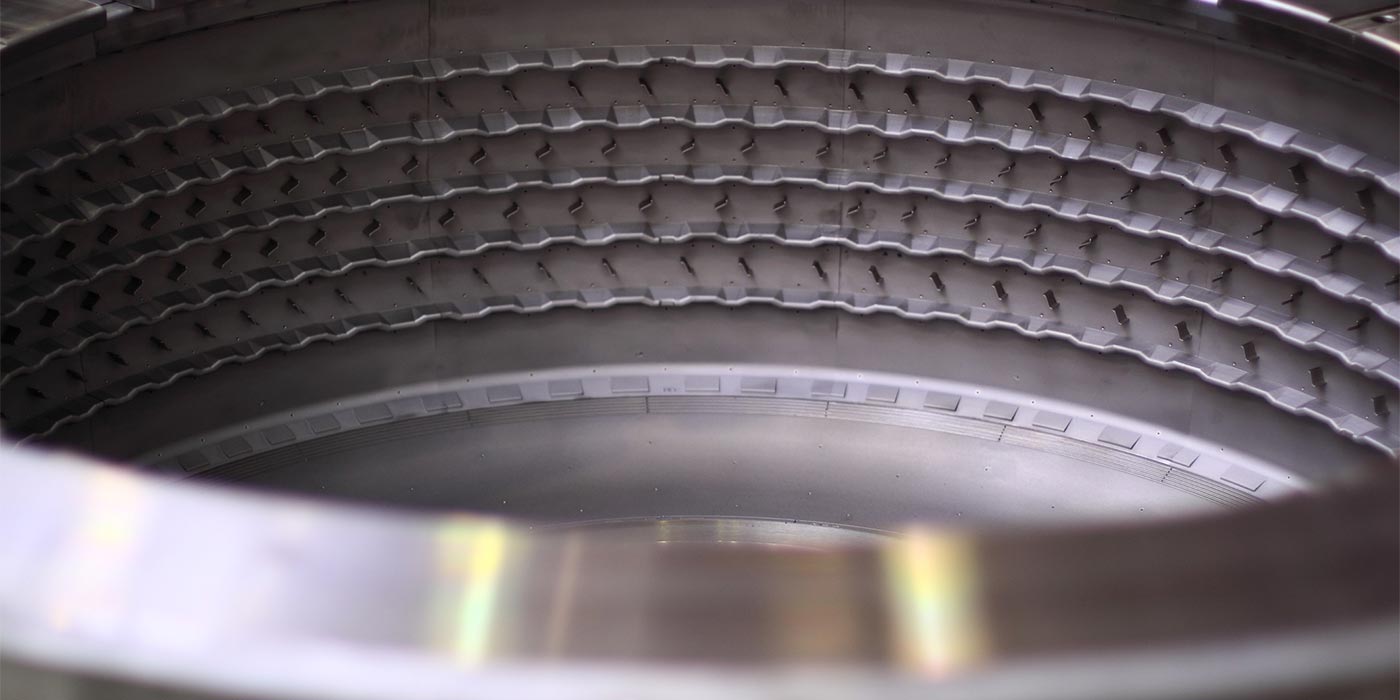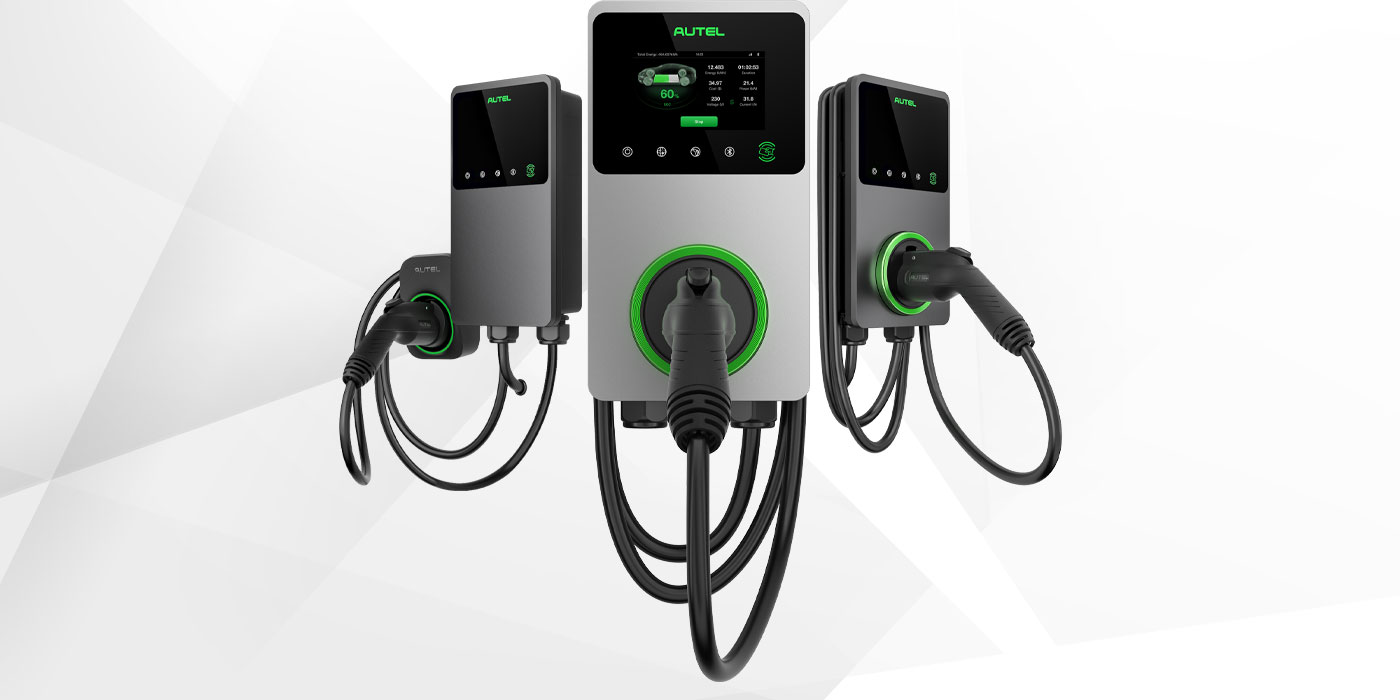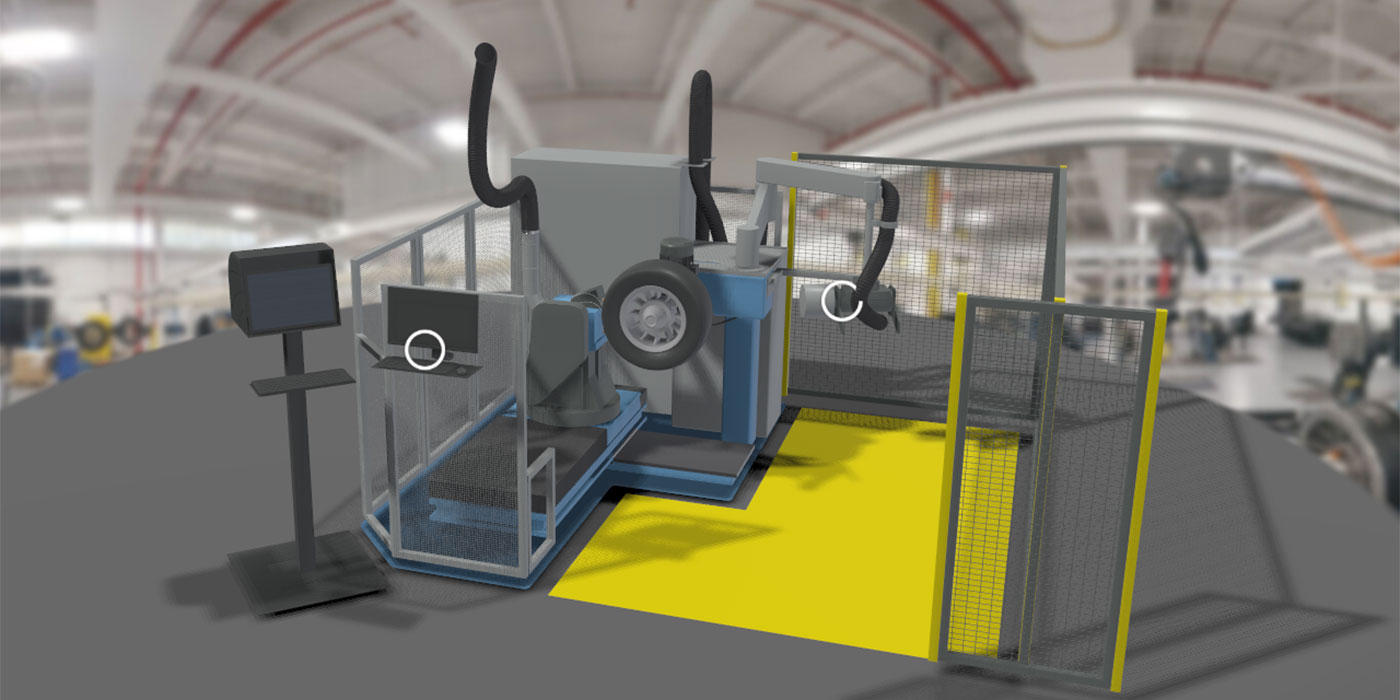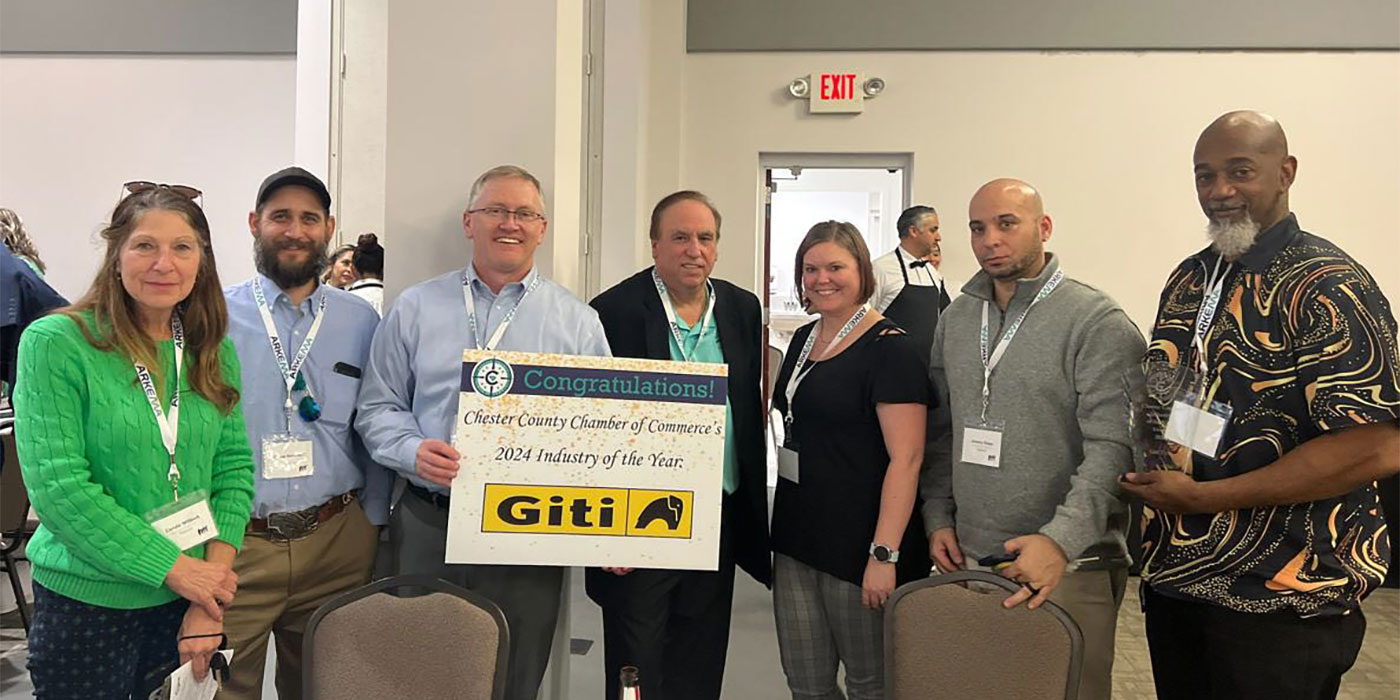It’s the day you are glancing through the unopened mail and you come upon a letter from the sales tax people. You reluctantly open the envelope and there it is: Your company is scheduled for an audit. If you have ever had a Sales Tax Audit, you know how bad they are. If you’ve never had one, you have no idea how bad they can be and how much time they can consume.
Most other types of audits check for infractions where the rules and regulations are usually documented, consistent, logical and known by your tax preparation personnel or you. Not so with sales tax regulations.
At the inception of the Virginia Sales Tax in the early 1970s we were advised that merchandise for resale is taxed at the published rate and labor is not taxed. Items purchased for business purposes are taxed unless a specific exemption, like manufacturing or agricultural use, is noted in the regulations.
Today those regs consist of the initial concepts plus “interpretations and rulings” that have drastically expanded items and categories of items that are considered taxable. This amounts to interpretations based upon interpretations that are based upon interpretations, and on and on and on. I suppose this is what is meant by the term “revenue enhancement.”
Let me share some of the revelations that came with my recent audit. I was fortunate that the auditor was a very fair person. She was not a disruption to my office staff. She was patient with us and even helpful as we navigated the applicable regulations to determine what was taxable and what was not. 
She stood in stark contrast to my last sales tax auditor, who was over-zealous and somewhat nasty. He also used mistaken interpretations that have cost me money over the intervening years. He compelled me to raise my voice and swear at him during that audit, something that I never regretted.
The auditors know that they are a distraction and they use this to their advantage. A low or moderate tax liability will usually cause a businessperson to pay up to get rid of them without seriously attempting to minimize the amount owed. This was not the case for this audit. The auditor presented her list of exceptions and in detail explained the mathematical calculations used. My eyes went quickly to the bottom line where I saw a number that almost put me into cardiac arrest – $176,351.42. I gasped and muttered, “We owe tax on that amount?” “No,” she calmly said. “You would owe that amount in tax, penalty and interest if no items on my list are found to be exempt.
I now feared a stroke on top of my heart attack. It was now obvious that my priorities were redirected. I had to examine every item on her list.
The auditor will check two categories of tax liability during the audit. The first is the errors made on company sales. The second is non-exempt purchases of merchandise used in the operation of the business on which sales tax was not paid. And so began a three-month odyssey where I won most but lost a few.
The auditor checked three months of sales for errors and extrapolated those three months to get a 36-month tax liability. She checked every merchandise item for which we wrote a check during the 36-month audit period.
I’ll give you a very limited number of issues that came out of the audit. The big surprise of the audit was a “pop-up” interpretation relating to road service calls. We had never billed sales tax on the charge for a service truck, considering it to be a labor charge. The Department of Taxation interpreted that as taxable if there was taxable merchandise on the invoice such as tires, flat repairs, repair units, valve stems, mud flaps, etc.
The road service charge would not be taxable if, for instance, a spare was installed and no merchandise was billed. Their position was that the road service charge was actually part of the sale of the taxable transaction. Their logic: If you buy a garment in a department store you pay sales tax on it. If you pay extra for labor to hem or cuff the garment, you must pay sales tax on the labor. They contend that the labor charge is actually part of the cost of the clothing since you cannot wear it unless the extra labor was done.
According to the Department of Taxation the road service charge is taxable but they did not rule that the dismounting and remounting of the tire on the same invoice was taxable. How’s that for logic and consistency? Beware, that could create a new “pop-up” interpretation in the future.
I asked the auditor when the road service interpretation was issued. She gave me the date and it was before the 36-month audit period. I asked how I was supposed to learn about these pop-up interpretations. She smiled and said, “I guess you find out when you get audited.” I responded that the road service interpretation cost me $3,600 plus penalty and interest on this audit that should have been charged to the consumer. She agreed and further stated, “It is your responsibility as a tax-payer is to know the tax regulations.” Chalk one up for the Department of Taxation.
The auditor included the point-of-sale computer maintenance contract from my software vendor. The contract is for $1,400 per month for 36-month audit period. This amounted to $2,600 of tax liability plus penalty and interest. I learned during my previous audit that the computer maintenance contract is taxable if there is a charge for software updates that come from the vendor on media such as tapes or DVDs.
I knew that all software updates and maintenance are now done over the Internet, thus no media charges. I protested the inclusion. The auditor said there was hardware maintenance on the contract and therefore it was taxable. I said there was no hardware coverage in the contract. She wanted to see the contract. After some searching I found it and I was correct. She removed the charge. Chalk one up for the good guys.
Can you produce copies of your maintenance contracts in short order? If not you will probably be charged sales tax on the full amount of the contract.
The auditor included the maintenance contract on our HVAC and industrial chiller equipment saying that the contract included repair parts. I said that this was checking the equipment only and that repairs and parts were billed when repairs are done. She wanted the contract. The contract was for labor but it included furnace filters and, therefore, the whole contract was taxable. The only good news here was that the servicing company was charging us monthly for a contract that should have been billed quarterly. I was only required to pay sales tax on the quarterly amount required by the contract. Chalk one up for the black hats and one for the white hats.
You obviously know that you must have current tax exemption forms on file for any customer not charged sales tax. Did you know that you will be accessed sales tax, penalty and interest if the address on the invoice differs from the address on the sales tax exemption form you have on file? We got charged for that but the auditor permitted us to have the customer make changes to the certificates. Our team got a bye on this one.
A customer had work done and produced an aftermarket warranty sold by a vehicle dealer in North Carolina. The warranty stated that the transaction was to be non-taxed. The customer paid a $50 deductible and the entity paid the remaining $568.72 by credit card. I had no exemption certificate on file for the responsible financial company. The auditor gave me documentation, which stated that repairs done on extended warranties are non-taxed. Customer still had the warranty packet even though he sold the car and we got an exemption certificate from the warranty agent. We avoided liability because the auditor permitted us to secure the needed documentation. The liability could have been significant since the tax on this invoice would have been extrapolated for 36 months. Chalk one up for the home team.
The vendor that sells us bottled water and coffee includes a fuel adjustment charge on his invoice. It’s only $1.50 per invoice. It’s considered taxable since the invoice does not include a freight charge. Freight charges are not taxable and attending fuel surcharges aren’t either. If there is no freight charge, the fuel adjustment is taxable if the merchandise is not for resale. We must pay the sales tax if we are not charged by our vendor.
I was liable for the tax and paid it. I went to the water vendor and let him know that we were being charged sales tax and it may set up an audit on his company. He is a rather volatile individual and he went off, noting that he had a ruling from the tax commissioner that his fuel adjustment charges were not subject to sales tax on his invoices. Soon after our audit was finished the auditor showed up to audit the water vendor. Due to an extremely high volume of invoices, the audit has lasted nine months and has not been finished.
Tax department collects from me and collects again from the vendor on his audit. There is no break for the little guys. Is this a great system or what?
There was one area in which I was clearly wrong and I knew it prior to the audit. A trucking customer was previously handled as a Goodyear National Account where the sales tax was collected by Goodyear. The account was set up in our computer as tax exempt. The account chose to move away from national account to local billing wherein our company was obligated to collect sales tax. We inadvertently neglected to change the tax status in the computer to taxable and, therefore, went for several months without collecting sales tax.
I had no trouble with the tax, penalty and interest on the actual invoices but I did object to extrapolating a few months of liability to a three-year violation. While the actual sales tax owed could still be recovered from the customer, the state would probably have collected from our company over $20,000 that was never owed to the state.
I asked the auditor to structure the audit to include only the actual amount owed the state. She didn’t have the authority and took the issue to her supervisor. He declined, saying that the three-month sample and 36-month extrapolation assumes that we would make additional similar mistakes in the other thirty-three months.
I didn’t give up and continued to ask for relief. The regional manager for the department also declined my request. The regulations that govern in audit include an option for me to decline the three-month sample routine and require the auditor to manually audit all 36 months of invoices. I informed the auditor that would certainly happen. The department relented and agreed to place this series of violations on a separate citation that included only the deficient invoices.
What’s fair is fair. I would not have gotten the consideration if I did not fight for it. Score a big come-from-behind win for us.
These are but a few but significant examples of our experience. There are too many others, some small and others large, that either fell to the state or to our company. There are just too many to enumerate in the VAA publication. I will take this opportunity to leave you with a few suggestions:
• Do not assume that the law of averages is on your side and you will not be audited.
• Be sure that all affected personnel in your company understand their responsibility to know and correctly apply the sales tax regulations.
• Keep the required documentation and support information available, accurate, and up to date.
• Take the time to refute unwarranted charges levied by the auditor.
• Understand that a significant liability, such as my company experienced, will probably set you up for another audit in a few years.
• If you make a mistake like I did on the national account trucker, correct it before you get audited. You will be spared the penalty and interest. The correction does not have to be in the audit period.
•Stay very close to the VAA because it’s a great conduit of information on topics that affect the membership such as sales tax issues.
• And remember, “Don’t worry, be happy!”
I had no trouble paying what was due to the state but due to the magnitude of the potential liability, I researched and fought to remove any exception on the auditor’s list that was not valid. When it was all over, my final bill was down to $6,500, from the original $176,000. Sadly, it is almost impossible to know what is taxable and what is not as the Department of Taxation continuously expands the list of taxable items.

